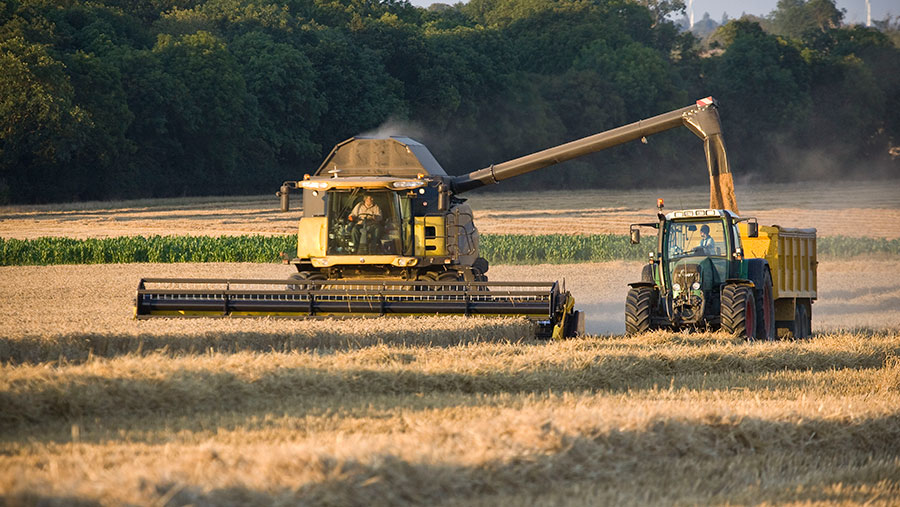MPs to probe farmer woes and food self-sufficiency
 © Tim Scrivener
© Tim Scrivener The pressures facing farmers will be among the issues put under the spotlight by MPs in a new inquiry.
The Food Security inquiry, run by the Environment, Food and Rural Affairs (Efra) committee, will also examine rising food prices, food self-sufficiency levels and the recently published food strategy.
It will consider if the government’s proposals in its National Food Strategy will affect resilience in the food supply chain, improve access to good quality food, and support farmers and food producers.
See also: Analysis – how farmers can reverse food self-sufficiency decline
The cross-party committee will also look at whether the UK’s level of food self-sufficiency – currently around 60% – remains appropriate, and how the government’s forthcoming land use strategy should strike the right balance between food production and other goals.
“There are few things more important than the food we eat – where it comes from, its quality and its price,” said Efra committee chairman Sir Robert Goodwill.
“Our food producers are facing extremely challenging times – with rising energy and fertiliser prices, as well as the war in Ukraine. These pressures are now also being felt by consumers.
“The government is not responsible for all the problems facing food supply chains, but it is essential it does all it can to help manage these pressures as it implements its new food strategy.
“About three-quarters of the types of food we can produce in this country are supplied by our own farmers, producers and growers. We want to start a debate about whether that’s the right level and what that means for how we use our land and the priority we put on food production.”
NFU demands
The new inquiry comes against a backdrop of NFU calls for the government to commit to guarantee food production does not slip below 60% self-sufficiency.
“Over the past few years, not enough importance has been placed on Britain’s food production,” said NFU president Minette Batters.
“This has been all too clear as the country has watched its self-sufficiency drop from as high as 78% in the mid-1980s to its current level of just 60%.
“As an island nation which is very well suited for quality food production, it would be a mistake to let that happen again and become even more reliant on the rest of the world to feed us.”
The inquiry is open to submissions. These must be made before 30 September.
